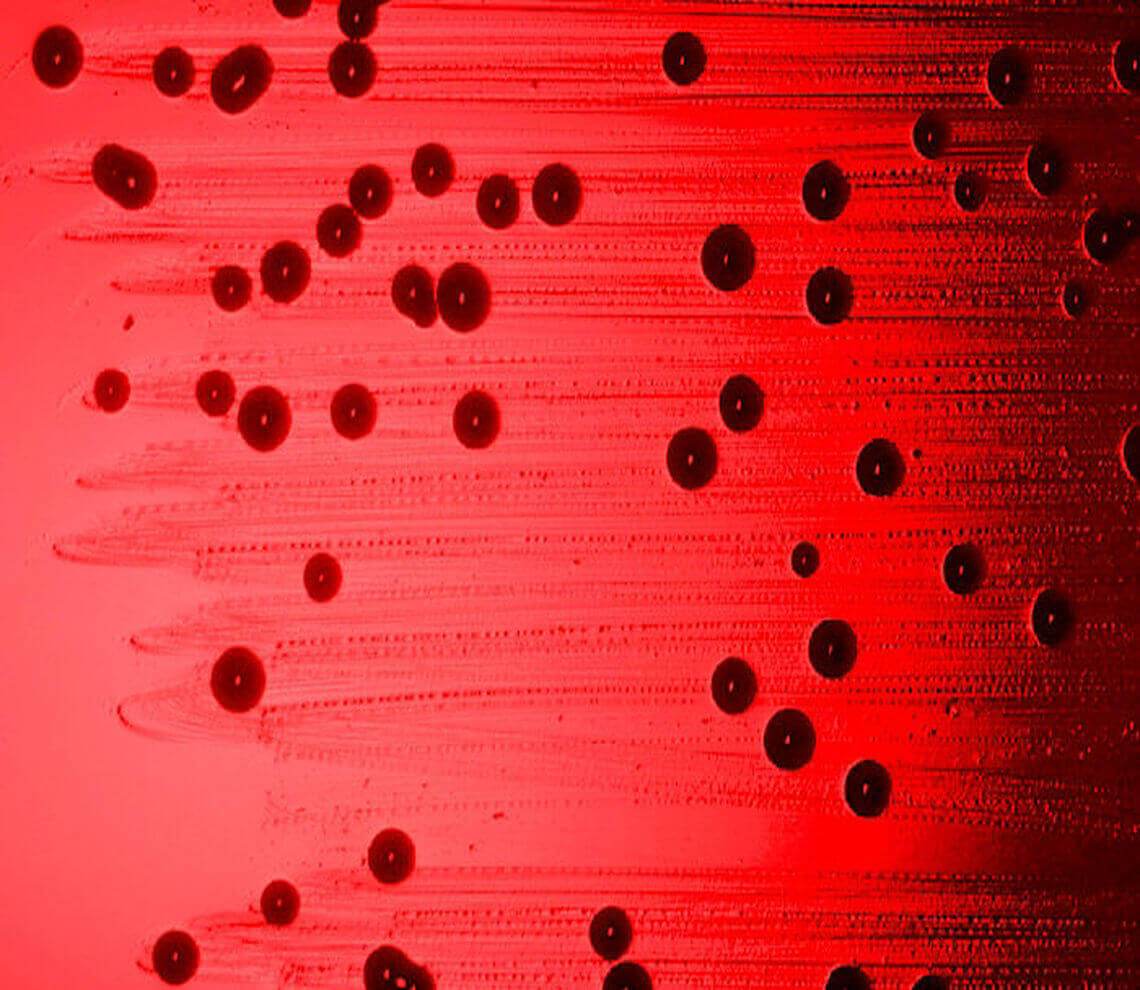- Our Suppliers
- MBS Monoclonals
- Influenza A antibody (FITC)
Product short description
Price:
525 EUR
Size:
100ug
Catalog no.:
GEN532401
Product detailed description
Gene name
N/A
Gene name synonims
N/A
Other gene names
N/A
Purification method
N/A
Other names
N/A
Immunoglobulin isotype
IgG2a
Clone
M2110169
French translation
anticorps
Virus
influenza
Concentration
100 ug/ml
Clonality
Monoclonal
Category
Antibodies
Also known as
Influenza A (FITC)
Conjugation
Anti-FITC Antibody
Subcategory
Mnoclonal antibodies
Host organism
Mouse (Mus musculus)
Form/Appearance
PBS, pH 7.2, with 1% BSA, and 0.1% NaN3.
Tested applications:
ELISA (EIA), Immunofluorescence (IF), Immunohistochemistry (IHC)
Species reactivity
N/A; Due to limited knowledge and inability for testing each and every species, the reactivity of the antibody may extend to other species which are not listed hereby.
Specificity and cross-reactivity
Influenza A; Since it is not possible to test each and every species our knowledge on the corss reactivity of the antibodies is limited. This particular antibody might cross react with speacies outside of the listed ones.
Storage and shipping
Keep the antibody after aliquoting at -20 degrees Celsius. Cycles of freezing and defrosting may denaturate the polypeptide chains of the antibodies, thus reducing their activity. It is recommended to minimize such cycles as much as possible.
Description
Influenza A and B H1N1 H3N2 Hemagglutinin-nucleoprotein recombinant proteins, peptides and antibodies detect a virus commonly known as "the flu". Influenza is an infectious disease caused by an influenza virus. Symptoms can be mild to severe. The most common symptoms include a high fever, runny nose, sore throat, muscle pains, headache, coughing, and feeling tired. These symptoms typically begin two days after exposure to the virus and most last less than a week. The cough, however, may last for more than two weeks. In children, there may be nausea and vomiting, but these are not common in adults.
Properties
If you buy Antibodies supplied by MBS Monoclonals they should be stored frozen at - 24°C for long term storage and for short term at + 5°C.This MBS Monoclonals Fluorescein isothiocyanate (FITC) antibody is currently after some BD antibodies the most commonly used fluorescent dye for FACS. When excited at 488 nanometers, FITC has a green emission that's usually collected at 530 nanometers, the FL1 detector of a FACSCalibur or FACScan. FITC has a high quantum yield (efficiency of energy transfer from absorption to emission fluorescence) and approximately half of the absorbed photons are emitted as fluorescent light. For fluorescent microscopy applications, the 1 FITC is seldom used as it photo bleaches rather quickly though in flow cytometry applications, its photo bleaching effects are not observed due to a very brief interaction at the laser intercept. MBS Monoclonals FITC is highly sensitive to pH extremes.
© Copyright 2016-Tech News . Design by: uiCookies

